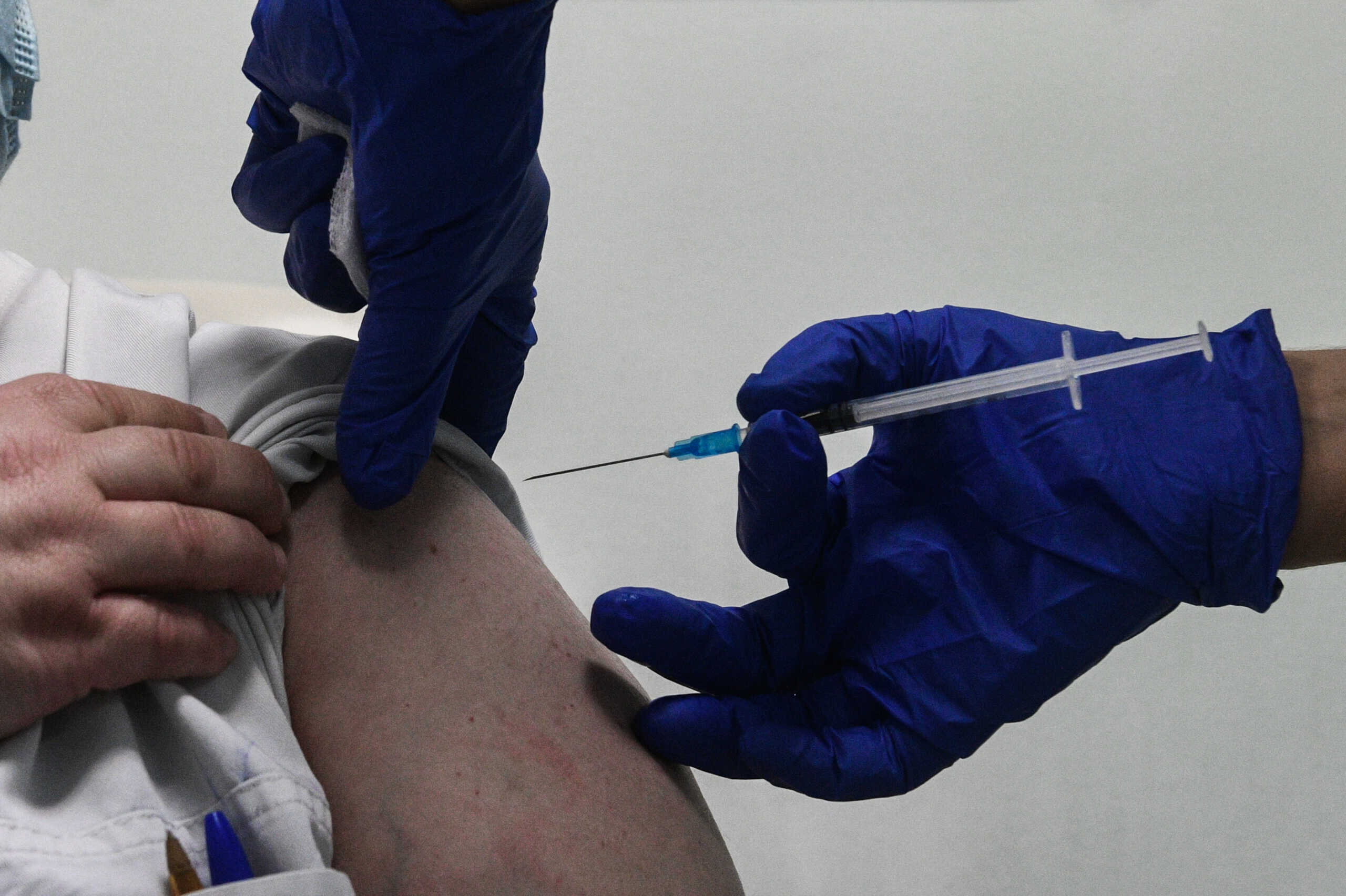The National Vaccination Committee made significant changes in approved vaccines For children and adolescents, according to a circular of health ministry.
The updating of the vaccine program 2025-2026 and all changes described in the circular of the Ministry of Health have been deemed necessary, as there are new epidemiological data in children (such as the exacerbation of viruses, eg RSV, influenza, or re-emergence of measles and pertussis).
At the same time, there is a significant need for alignment with European prevention and vaccination practices.
Thus, with the new circular issued on October 8, 2025, the Ministry of Health is revising the National Vaccination Program of Child and Adolescents (EPE), incorporating new vaccines and up -to -date administration forms, with the aim of adapting to the latest scientific data and international data.
The changes are as follows:
New data – new vaccines in the program
According to the circular, the following is added or updated to the National Program:
Prevention of RSV (Respiratory Syndrome):
For the first time, it is part of the program, passive immunization for newborns, with the administration of a nirsevimab, which provides protection against RSV for about five months.
The measure is aimed at all infants, especially those born before or during the winter season.
COVID-19 Vaccine (updated):
Vaccination of children and adolescents is recommended based on the newer shapes set by the National Vaccination Committee, in accordance with the availability and updates of the vaccine.
Vaccine against Pulmonary (PCV):
The shape is adapted to cover more serotypes. The administration of 13-capacity or 15-power vaccine (PCV13/15) in infants and children is enhanced, while 23-Power Vaccination (PPSV23) is recommended for specific high-risk groups.
For children with chronic diseases, immunosuppression or congenital heart disease, the program includes personalized instructions, with additional doses or special shapes (eg for hepatitis B, pneumococcus and influenza).
Reviews to existing vaccines
MMR vaccine (measles – red – mumps):
Vaccination remains in two doses, but it is clarified that the former can be done from 12 months (or earlier, if there is an epidemiological indication).
Vaccine against HPV (against human papillomavirus virus):
Free administration continues to both girls and boys aged 11-18 years, and for children who have not been vaccinated, two doses accelerated in six months is foreseen.
Vaccine against meningitis:
The administration of the Menacwy is expanded and the recommendation for adolescents 15-18 years is enhanced.
Which vaccines will be given to children in this year’s anti -influenza vaccination
During the current period (2025 – 2026) the vaccines circulating in Greece for child vaccination are:
Trip power vaccine with inactivated (dead) viruses made by incubation in ova (TIVE-trade name: Vaxigrip Tiv and Influvac-Subunit).
Triotimal vaccine with inactivated (dead) viruses prepared in cellullary (TIVC – trade name: Flucelvax),
Trip power vaccine with living weakened viruses (Laiv – trade name: Fluenz).
Special Instructions for Children who are Delayed Vaccinations
The circular provides in detail “catch-up” shapes for children who have lost doses or have not completed the program due to illness, movement or pandemic.
The pediatrician will determine the timetable individually, so that the whole cycle does not have to repeat, but only the missing doses.
Parents should do the following:
Check your child’s vaccine booklet and note any shortcomings.
Contact your pediatrician to find out about the new program.
Do not delay doses – even if the age mentioned in the program has passed, vaccination can and should be completed.
See the entire circular HERE
Source: iatropedia.gr
